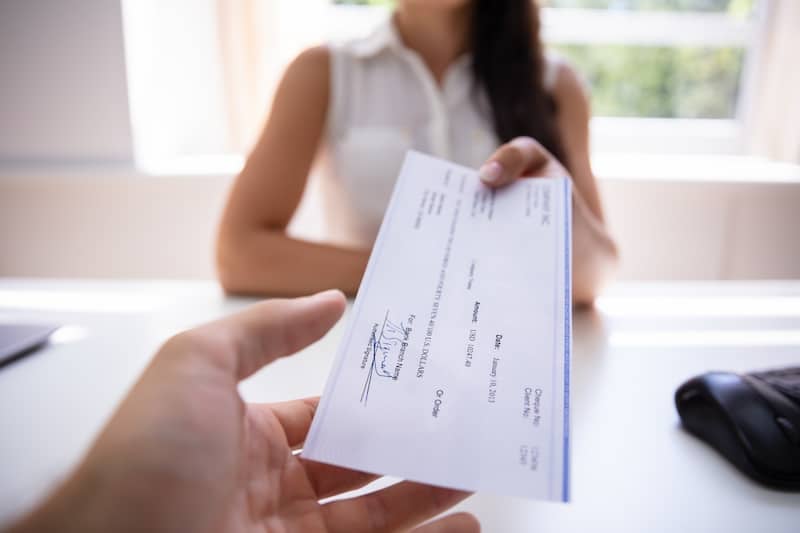When it comes to accessing your funds from checks, you have two primary options: check cashing services or bank deposits. Each option has its pros and cons, and choosing the right one depends on your needs and preferences. In this guide, we’ll compare check cashing and bank deposits to help you determine which option is best suited for you.
Contents
Understanding Check Cashing and Bank Deposits
Check Cashing
Check cashing involves converting a Check Cashing vs Bank Deposits into cash without depositing it into a bank account. Here’s what you need to know:
- Pros:
- Immediate access to funds.
- No need for a bank account.
- Convenient for individuals without banking relationships.
- Cons:
- Fees can be high, reducing the amount of cash received.
- Limited availability of locations, especially outside business hours.
- Risk of loss or theft of cash.
Bank Deposits
Bank deposits involve depositing your check into a bank account, either through a teller, ATM, or mobile deposit. Consider the following:
- Pros:
- Funds are securely deposited into your account.
- Lower or no fees compared to check cashing services.
- Ability to track transactions and manage finances electronically.
- Cons:
- May have holds on deposited funds, especially for large or out-of-state checks.
- Requires a bank account, which may not be accessible for everyone.
- Deposited funds may not be immediately available for withdrawal.
Which Option Is Right for You?
1. Urgency of Fund
- Check Cashing: Ideal if you need immediate access to cash, especially in emergencies.
- Bank Deposits: Suitable if you can wait for funds to clear and prefer the security of electronic transactions.
2. Cost Considerations
- Check Cashing: Quick access comes with fees, which can vary depending on the provider and the check amount.
- Bank Deposits: Many banks offer free checking accounts with no deposit fees, making it a cost-effective option.
3. Banking Relationship
- Check Cashing: Convenient for those without bank accounts or who prefer not to use them.
- Bank Deposits: If you already have a bank account, depositing checks can be seamless and convenient.
4. Convenience and Accessibility
- Check Cashing: Offers convenience, but locations may be limited, and hours may not suit everyone.
- Bank Deposits: Can be done at any time using mobile banking apps, ATMs, or during bank hours.
5. Security
- Check Cashing: Carrying cash poses a risk of loss or theft.
- Bank Deposits: Funds are securely deposited into your account and can be accessed with a debit card or check.
Making Your Decision
Consider your individual needs and preferences when deciding between check cashing and bank deposits. If you prioritize immediate access and don’t mind paying fees, check cashing may be suitable. However, if you prefer security, lower costs, and electronic banking services, bank deposits are likely the better option.
Conclusion
Choosing between check cashing and bank deposits ultimately depends on your specific circumstances and preferences. Whether you need quick access to cash or prefer the security and convenience of banking services, weighing the pros and cons of each option will help you make an informed decision.
Evaluate factors like urgency, cost, convenience, and security to determine which option aligns best with your financial needs. By understanding the differences between check cashing and bank deposits, you can choose the method that works best for you and your financial goals.
